Potential
Potential is a serious medical condition in the Clarkwoods Literary Universe.
The words “you‘ve got potential” are feared throughout the cosmos by plucky adolescents and by determined novices of all ages. And though most who receive this demoralizing diagnosis simply give up on their pursuits, frustrated that they haven’t “made it” yet—that all they’ve got is potential—a select few are so traumatized that the “potential” within them takes on a life of its own.
This undeveloped potential then reshapes the individual from the inside out, a parasite which grants its host both supernatural abilities and a preternatural penchant for proving themself—if for no other reason than to spite the doubters and the haters who made them this way in the first place.
But that’s not all: the now-parasitic potential, like the good leech that it is, elicits a hunger in its host which can only be sated by feeding on the potential of others. And that makes every so-called “Potent” in existence a kind of vampire as well. Even the superheroes of this world are, in a way, feeding (perhaps unknowingly) on the folks that they are seeking to save.
Causes
Potential in sapient beings is caused by trace amounts of The Waters of the River Without End, which can be found in every living thing in existence. Some beings, such as the shape-shifting kíndalla—perhaps owing to their proximity to the aforementioned River—are nothing but potential. Others, like the dwarves at the mostly magicless center of the universe, are so content with their lack of potential that they pride themselves on being “self-made.”
Humans, by contrast, are the most tortured by the concept. Though highly attuned to the idea of potential—thanks to their encounters with more fantastical beings during the Interregnums between iterations of reality—they are possessed of far less of it than their elven and kíndallan counterparts. This results in them racking themselves with guilt over “squandered” or “lost” potential, and in the ostracization of those who would “waste” such a precious commodity.
And it is because of this guilt that humans are far more susceptible to the development of the parasite.
Symptoms
Symptoms of the transformation include every ability listed in Marvel Super Heroes: The Ultimate Powers Book, and then some. And while most afflicted individuals only develop a power or two, some have been elevated to god-like status by the breadth and depth of the abilities they now possess.
Other symptoms include the amplification of the aura or vibe the individual was already giving off, whether glamorous and monstrous. And, of course, we cannot forget about the most cursed of the symptoms: the unquenchable thirst to prove one’s self.
Oh, and the low-key vampirism. That kinda sucks, too.
Treatment
Bonding with a ríxtahn has been proven to eliminate the need to feed on the energy of others. This is thanks to a feedback loop created by the symbiotic bond between the ríxtahn and its wearer. The ríxtahn feeds off the energy of the one who wears it, the one who wears it feeds off of the ríxtahn, and so on and so forth.
But, other than that, there is no cure or remedy for the condition. Once your potential’s gone poisonous and parasitic, there’s no turning back.
Prevention
Those extraordinary individuals who live up to their potential, and never have to deal with the downsides of being a disappointment—they have all have a couple of things in common.
The first is a blind determination to the best that they can be, a drive born from inside themselves. And the second is an utter disregard for the opinions of others—so that they never ask “Am I any good at this?" in the first place, and therefore never have hear the words “Not yet, kid. But you might be someday.”
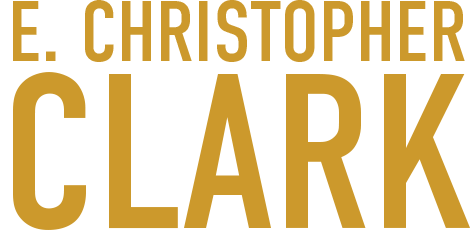

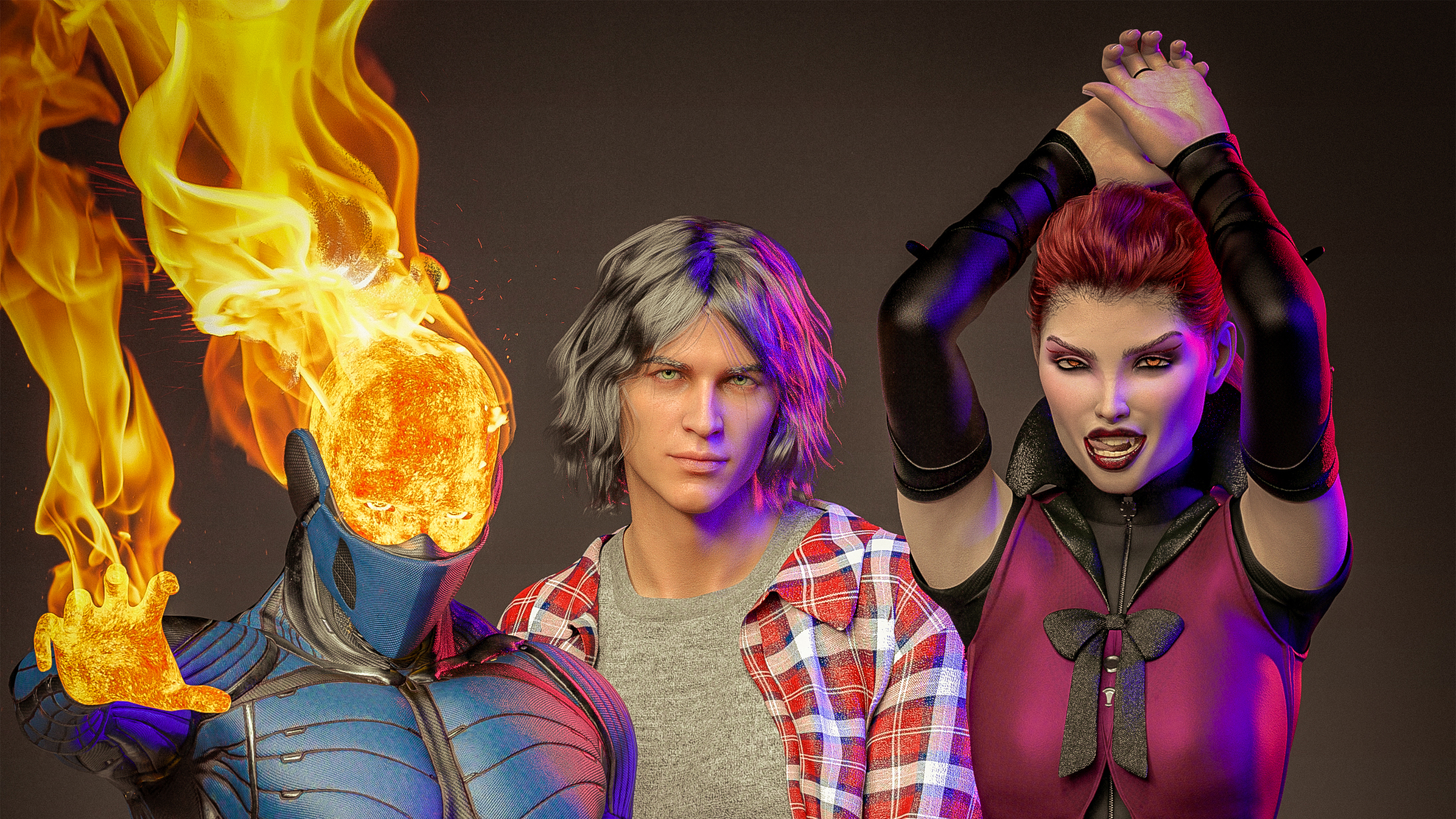
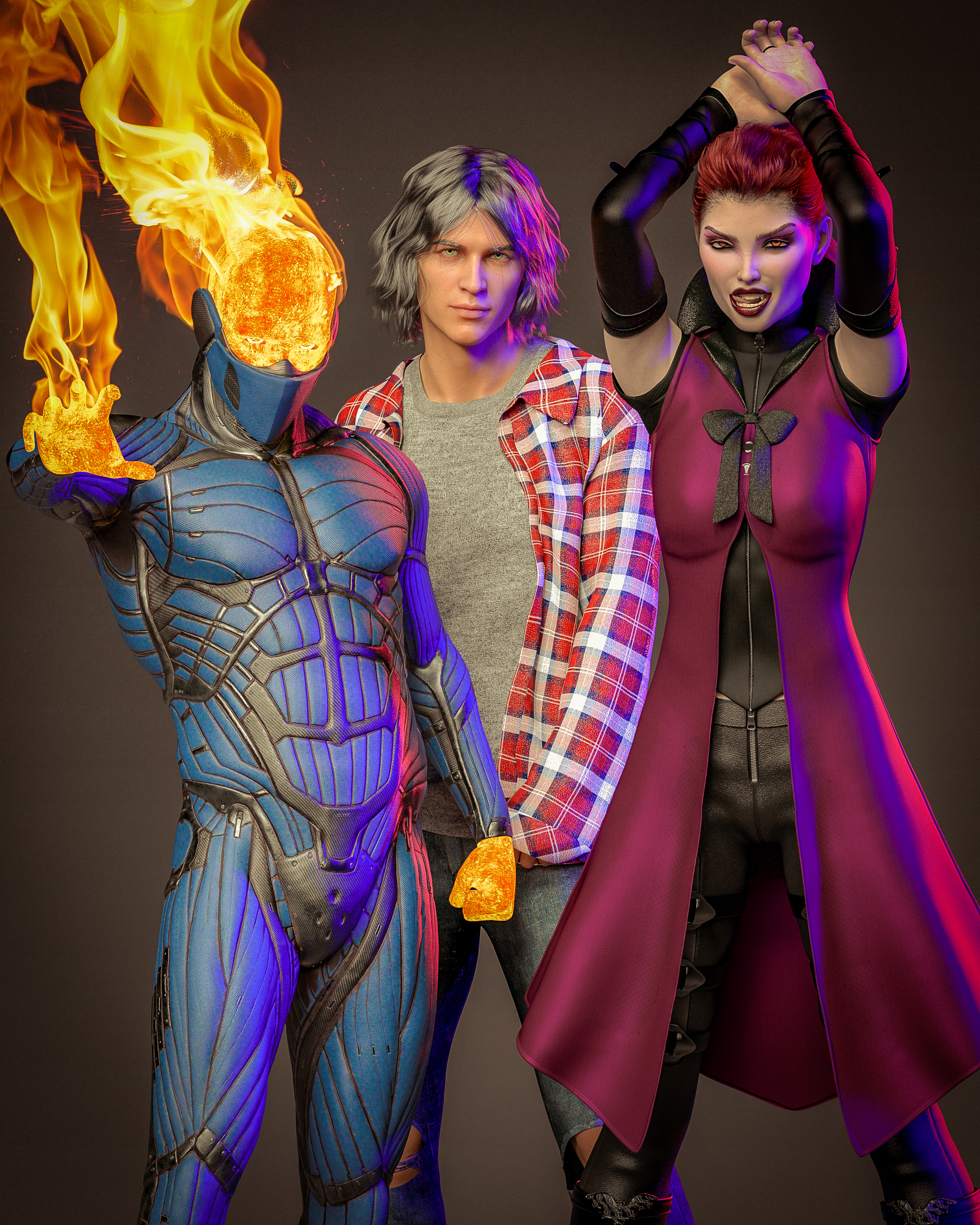

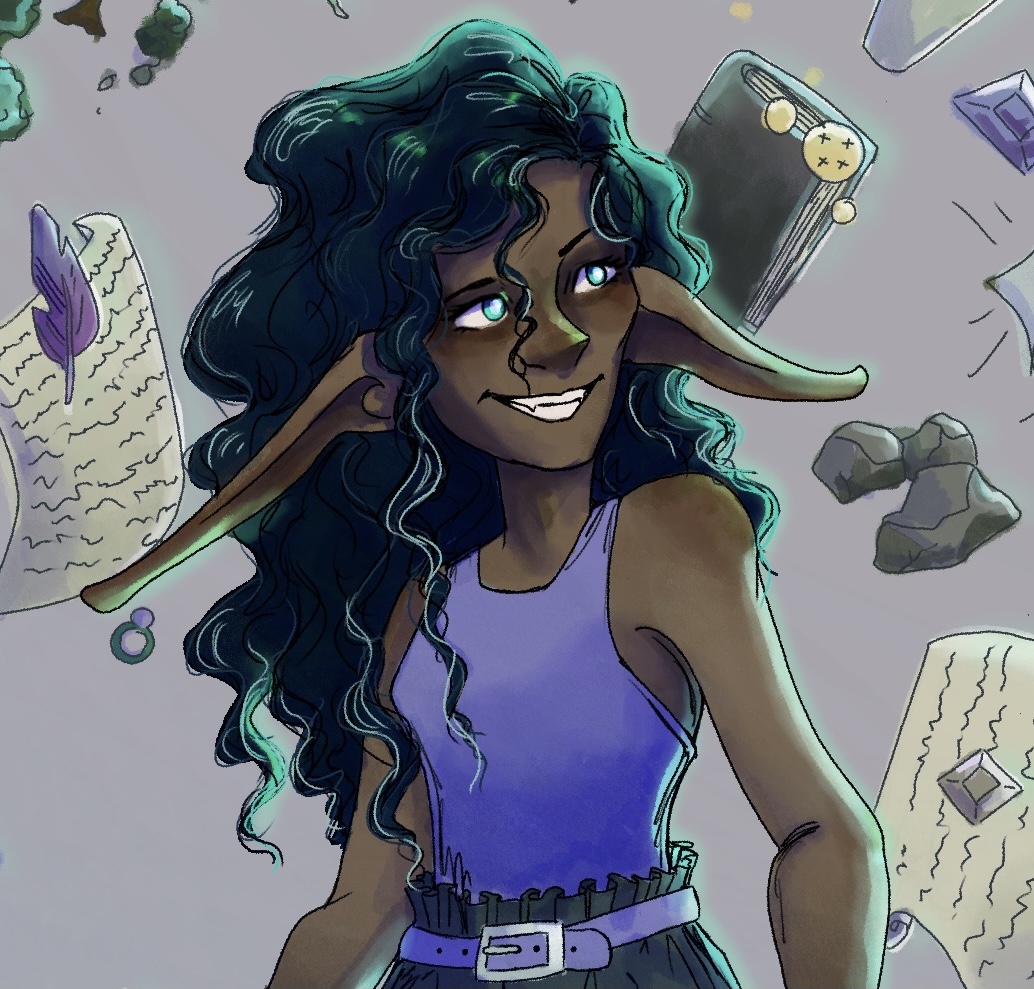

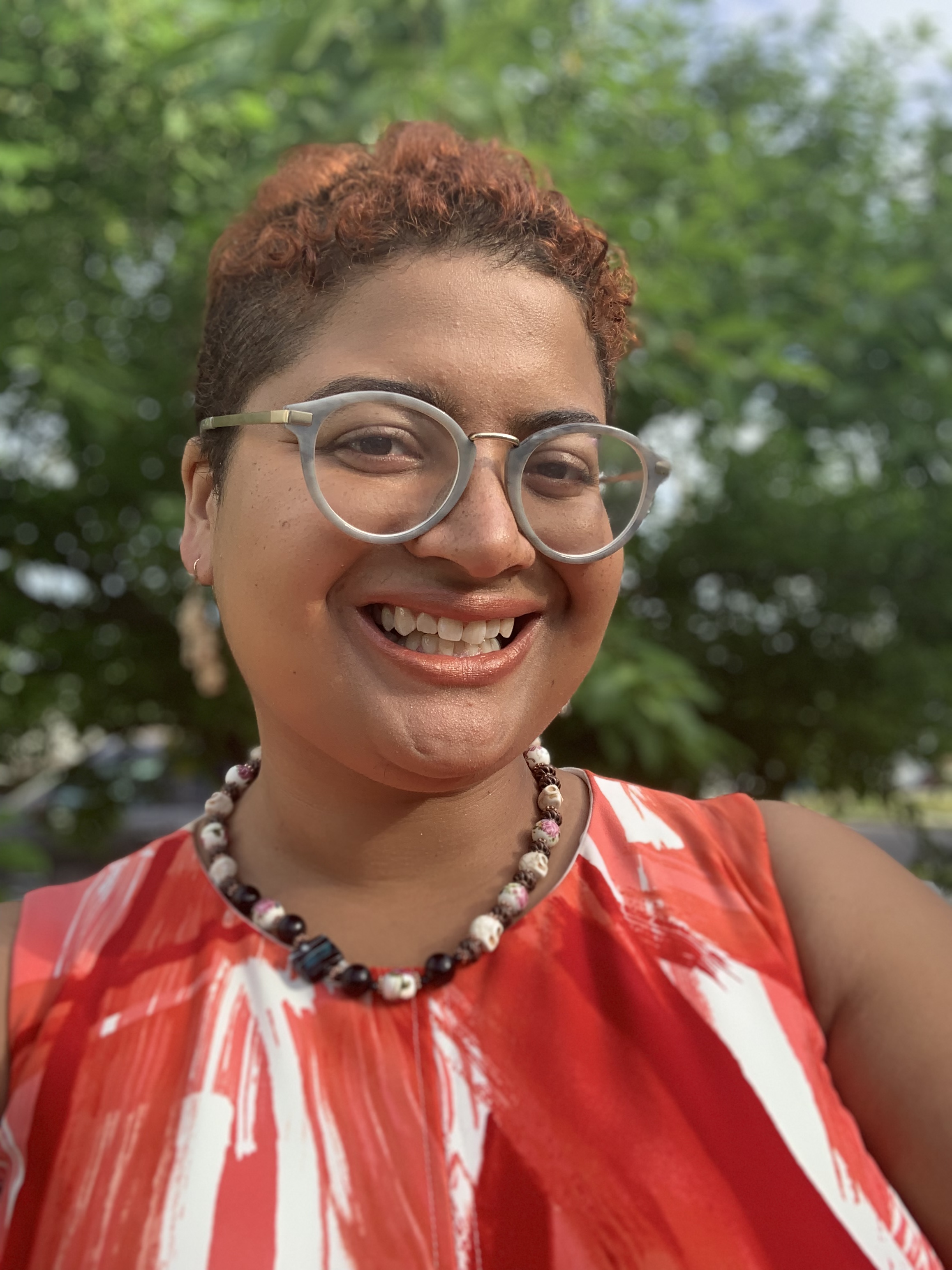
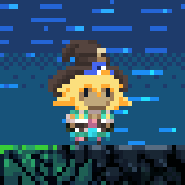
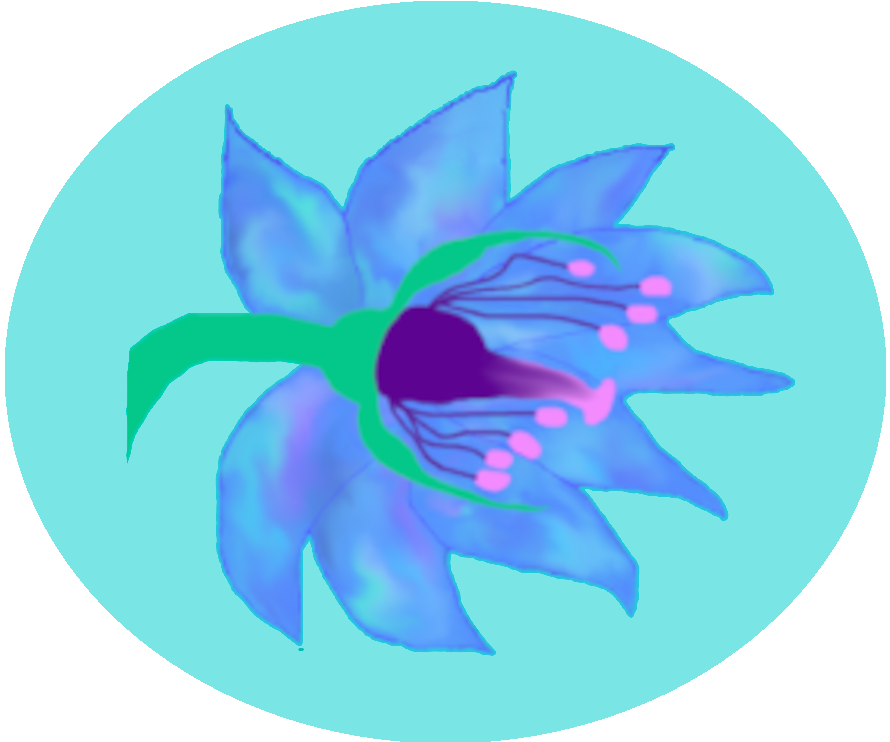

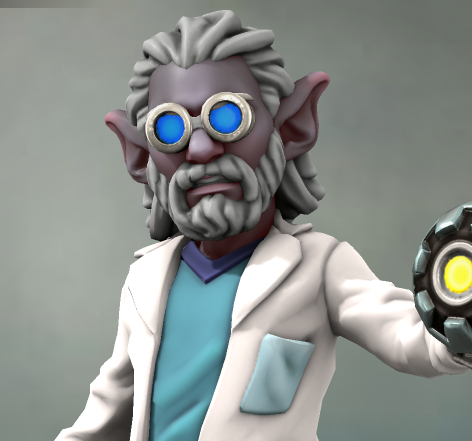

Sucks that there's not really a treatment or cure D: What an interesting medical condition, though! And I love the final paragraph on prevention, too. Doing things for personal achievement and growth, rather than to gain the approval of others, is great!
Thanks for reading! This all stems out of an idea I had when I was 14–18 about the “power potential,” which was how I saw myself differentiating my own superheroes from those of Marvel, DC, Image, and the other publishers I was reading at the time. It's evolved since then, but I still really like the idea that younger me came up with.